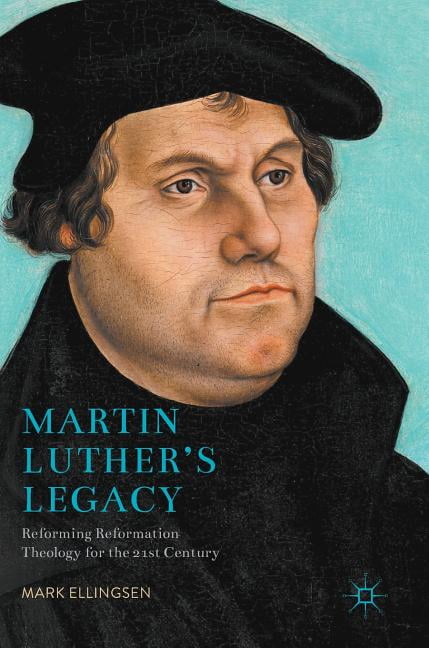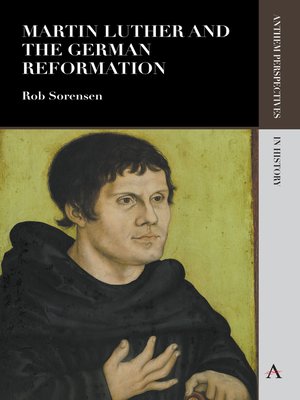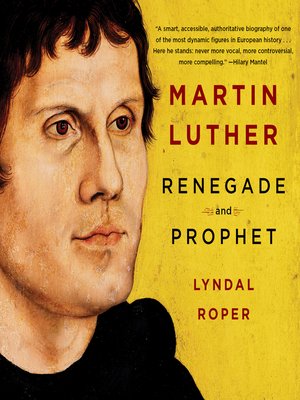
However, Luther was given protection by Prince Frederick of Saxony, a staunch defender of Luther. Luther was so despised by the church that a death warrant was issued, giving anyone permission to kill him. In 1521, Pope Leo X excommunicated Luther from the Catholic Church and declared him a heretic. The printing press then enabled the wide distribution of the Theses, provoking in the people more disenchantment with the ways of the Catholic Church. Luther’s “95 Theses” became highly sought after by the populace and were soon translated into German for the common people to read. To do so was considered heresy against God. Luther published his “95 Theses” fully realizing that he faced excommunication and even death for protesting the traditions and beliefs of the Catholic Church. Indulgences are positively harmful, according to the Theses, since they induce a false assurance of peace, and cause the recipients to neglect true repentance. Luther believed that the Pope had the power to limit or do away with penances imposed by the clergy, but he did not have the power to bring about the interior contrition that leads to salvation. His belief was that the papacy had deteriorated to the point that the people were being led to believe in man-made doctrines. ” Luther felt that these church officials were teaching people that they could literally buy their way into the kingdom of God or buy God’s favor. “As soon as the penny jingles into the money-box, the soul flies out. Indulgences were also claimed by the Church to limit the amount of time the purchaser’s loved one would have to spend in Purgatory.



One of the major issues that concerned Luther pertained to the matter of church officials selling “indulgences” to the people as a means of releasing them from having to exact penitence for their misdeeds.
#BEST AUDIO BOOK ON MARTIN LUTHER AND REFORMATION FULL#
In essence, his Theses called for a full reform of the Catholic Church and challenged other scholars to debate with him on matters of church policy. Luther wrote his radical “95 Theses” to express his growing concern with the corruption within the Church. His revolutionary ideas served as the catalyst for the eventual breaking away from the Catholic Church and were later instrumental in forming the movement known as the Protestant Reformation. The “95 Theses” were written in 1517 by a German priest and professor of theology named Martin Luther.


 0 kommentar(er)
0 kommentar(er)
